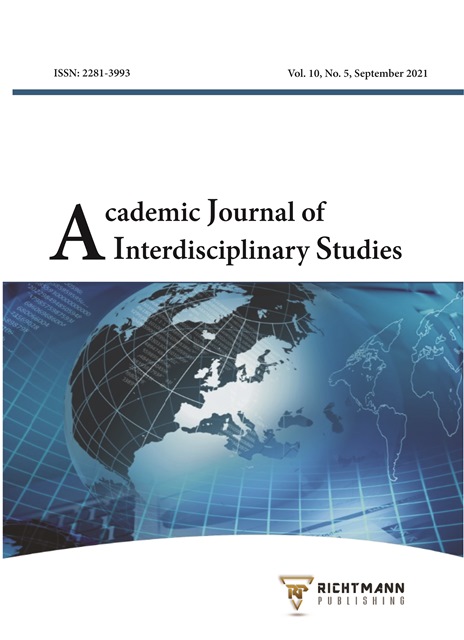Impact of Employee Talent Management
DOI:
https://doi.org/10.36941/ajis-2021-0133Keywords:
leadership, division of work, talent, satisfaction, performance, sustainabilityAbstract
This study aimed to analyze the factors that influence employee talent management and their impact on job satisfaction, job performance, and commitment sustainability. The study was conducted on workers in five companies located in Karawang Regency (pallet plastics, automotive, and hospitality industries) and Bogor (garment industry) located in the province of West Java, and South Tangerang (heavy tractor industry). This sample of respondents will answer the questionnaire in the questionnaire.) in Banten province. Data collection was conducted through questionnaire sharing with a sample of 250 employees, as well as interviews and focus group discussions (FGD) with a number of stakeholders. Questionnaires before being applied in field studies were examined using Pearson and Cronbach Alpha approaches in order to identify the level of validity and reliability. The analysis of the research was conducted using Structural Equation Modeling (SEM) approach with the help of the Lisrel 8.70 program. The results show that organizational culture factors, transformational leadership, and job sharing have a positive impact on employee talent management, and talent management itself has an impact on job satisfaction, job performance, and commitment sustainability. It is recommended in the development of this talent-based workforce that the above factors should be considered along with the highest contributing factors to each factor.
Received: 22 March 2021 / Accepted: 27 July 2021 / Published: 5 September 2021
Downloads
Downloads
Published
Issue
Section
License

This work is licensed under a Creative Commons Attribution-NonCommercial 4.0 International License.
This work is licensed under a Creative Commons Attribution-NonCommercial 4.0 International License.








